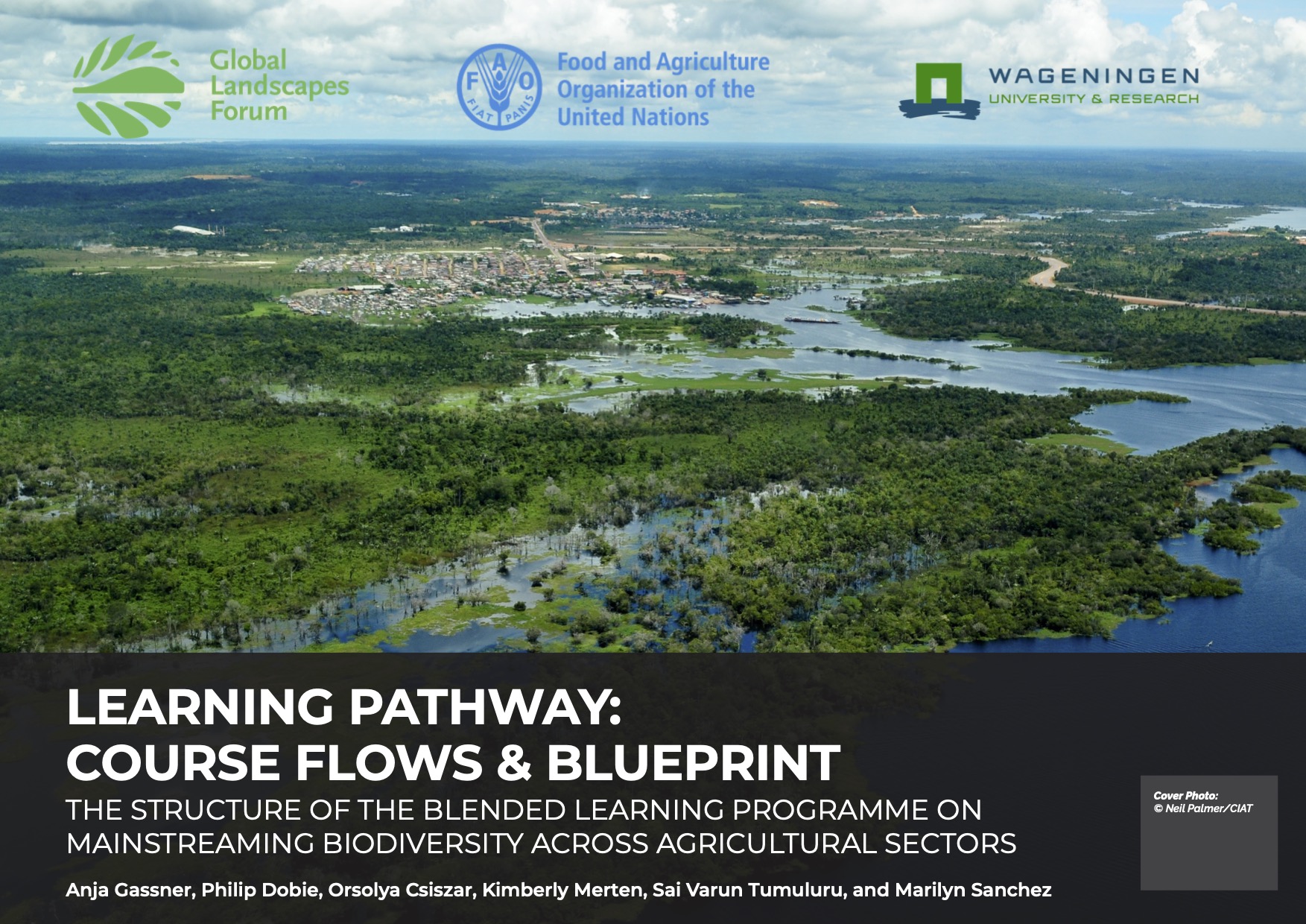Despite a growing recognition of the importance of social learning in governing and managing land use, the understanding and practice of learning has received limited attention from researchers. In global environmental programs and projects aimed at supporting sustainable land use in developing countries, learning is often promoted but without explicit learning goals. The focus may be on capacity building and community participation, and on testing policy tools, rather than on collaborative social learning. In this study, we looked behind the rhetoric of learning in the Kalimantan Forests and Climate Partnership (KFCP), a large demonstration project for Reducing Emissions from Deforestation and Forest Degradation (REDD+) in Indonesia. The novelty of such mechanisms, linked to international forest carbon outcomes, means that learning lessons provides a rationale for REDD+ pilot activities. We used a qualitative approach to examine the nature and type of learning that occurred in the KFCP. While the stated project aims were to support policy experimentation and apply learning, the project design was highly technical, and project decision-making did not explicitly encourage joint problem solving. Despite the project’s shortcomings, we identified that learning did occur by the end of the project in ways that were different to the initial goals. Our findings suggest that flexibility and openness in project design and implementation can enable different local actors to define shared learning agendas in ways that are meaningful for them. Designing and implementing environmental projects, and learning goals within them, should attend to the needs and aspirations of those who will have to live with their long-term consequences. Learning should be integrated into international environmental programs and projects at all levels, including for policy and funding bodies, rather than focusing on local capacity building and similar project ‘benefits’. Interviewees’ eagerness to learn suggests that building approaches to social learning into program design has the potential to yield opportunities for learning beyond REDD+ to other forms of policy experimentation and governance innovations.
Download:
DOI:
https://doi.org/10.1016/j.landusepol.2019.104285
Altmetric score:
Dimensions Citation Count:

























